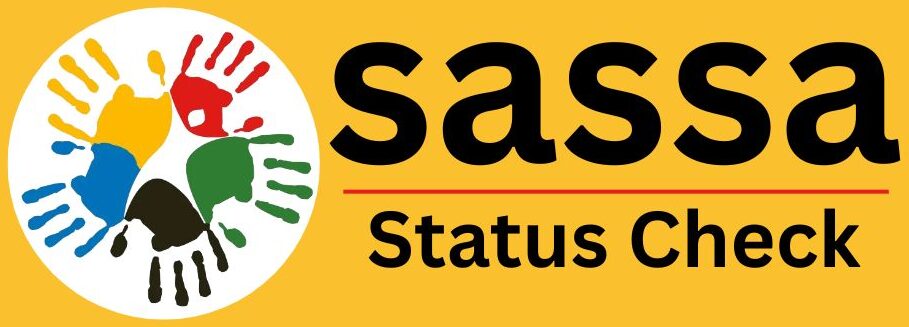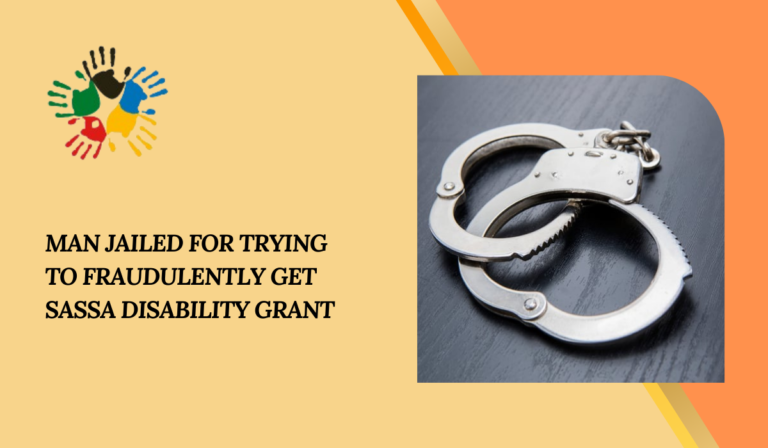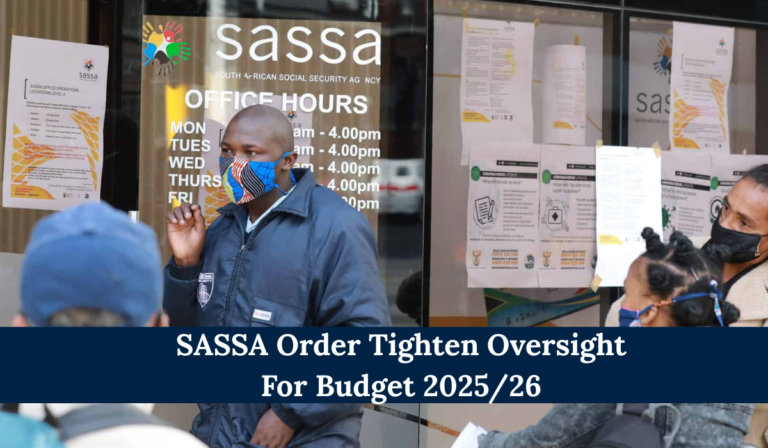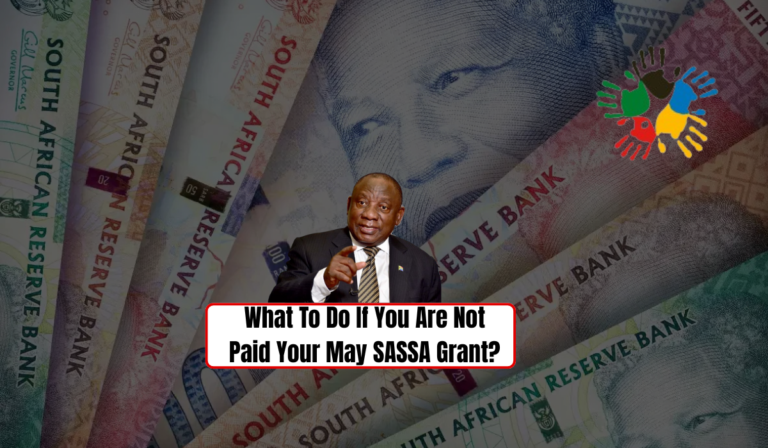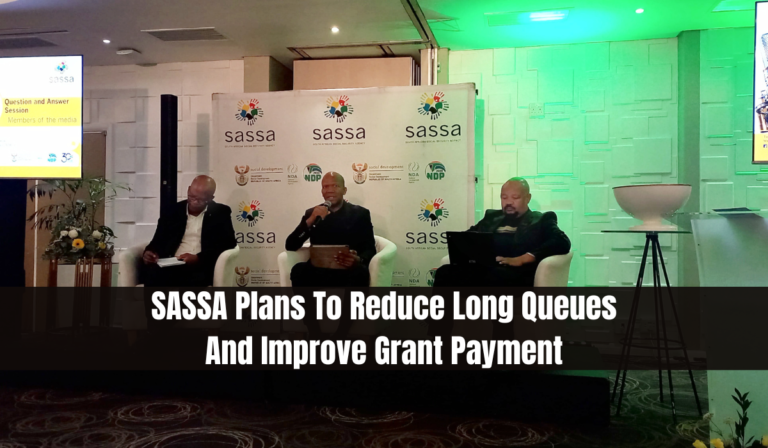ANC Announces SRD Grant Transition To Basic Income Support
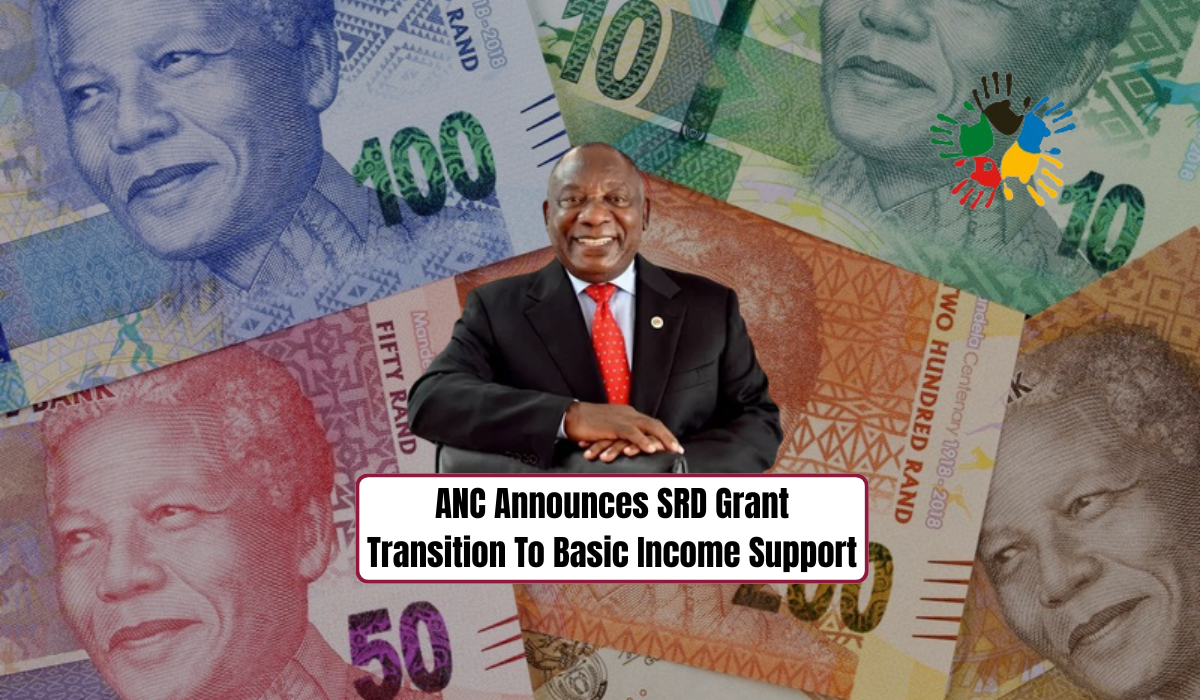
ANC Announces SRD Grant Transition To Basic Income Support. In a groundbreaking policy development, the African National Congress (ANC) has announced its intention to transition the existing SRD grant (Social Relief of Distress) into a more permanent Basic Income Grant (BIG). This significant move has the potential to reshape South Africa approach to social welfare and offer long term income support to the country most vulnerable citizens.
From SRD Grant to Basic Income Grant (BIG)
The SRD grant, currently valued at R370, has been a lifeline for millions of unemployed adults since its introduction in 2020 during the height of the COVID-19 pandemic. Recognized for its critical role in cushioning the impact of unemployment and poverty, the grant is now set for a major transformation.
Fikile Mbalula, Secretary-General of the ANC, revealed at a recent event in Freedom Park, Soweto, that the government plans to restructure the SRD grant into a Basic Income Grant (BIG). The objective is not merely a rebranding exercise but a fundamental policy shift aimed at ensuring that all unemployed adults, especially the youth, receive adequate financial support while actively seeking employment.
“The SRD grant that President Ramaphosa gives to you—the R350—will be maintained, but we are going to change it so we can establish the basic income grant. This will help you till you find a job, then move so it can help others as well,” said Mbalula.
Why the Transition Matters: Addressing Poverty Head-On
According to rights group Black Sash, the announcement marks a positive shift toward institutionalizing long-term income support. They emphasized that the SRD grant, while helpful, falls below the food poverty line and is insufficient for meeting basic human needs. Therefore, transitioning to a Basic Income Grant (BIG) represents a more sustainable approach to social protection.
The organization insists that the proposed BIG must be:
- Universal – available to all unemployed adults regardless of documentation or previous employment history.
- Accessible – easy to apply for and free from complex bureaucratic hurdles.
- Adequate – aligned with the upper-bound poverty line to ensure it actually supports a life of dignity.
| Poverty Level | Monthly Value (ZAR) | SRD/BIG Grant Comparison |
|---|---|---|
| Food Poverty Line | R760 | R370 (Current SRD) |
| Lower-Bound Poverty Line | R1,335 | Proposed entry point for BIG |
| Upper-Bound Poverty Line | R2,100 | Target benchmark for adequate BIG |
This table underscores the current gap between the SRD grant and minimum living standards in South Africa. A well-calibrated Basic Income Grant (BIG) is critical for closing this gap and lifting citizens out of extreme poverty.
A Brief History of the Basic Income Grant Idea
The concept of a Basic Income Grant is not new to South African policy circles. It was first proposed during the 1998 Presidential Jobs Summit and later reinforced by the Taylor Committee Report in 2002, which advocated for a basic income of R100 per person. Despite early enthusiasm, the idea languished in political limbo for nearly two decades.
However, a pivotal shift occurred in 2021 when the Department of Social Development (DSD) commissioned a comprehensive study to reassess the feasibility of implementing a BIG. The findings recommended a phased approach, starting with the lower-bound poverty line, gradually expanding to meet the upper-bound threshold.
By 2022, focus areas shifted toward evaluating fiscal sustainability and potential funding mechanisms. The study showed that the Basic Income Grant (BIG) could be effectively financed through progressive taxation, ensuring that wealthier segments of society contribute more to social stability and equity.
Potential Benefits of the Basic Income Grant
Transitioning to a BIG carries multiple socio-economic advantages:
1. Poverty Reduction
A BIG can dramatically reduce extreme poverty by providing a safety net for those excluded from the formal economy.
2. Economic Inclusion
By increasing the purchasing power of low-income individuals, the BIG can stimulate local economies, particularly in rural and underserved communities.
3. Complementary Employment Strategies
Public employment programmes and wage subsidies can work in tandem with the BIG, creating a balanced strategy that promotes self-reliance without neglecting immediate needs.
4. Social Justice
A universal and non-conditional income support mechanism upholds human dignity and ensures that no citizen is left behind due to unemployment or systemic inequality.
Black Sash Call to Action
While Black Sash welcomed the announcement, the organization also urged the government to take the following critical steps to ensure successful implementation of the Basic Income Grant (BIG):
- Release a transparent roadmap with timelines and milestones for implementation.
- Raise the grant value to at least match the upper-bound poverty line.
- Address systemic inefficiencies in the current SRD administration to prevent disqualifications and payment delays.
- Ensure progressive funding, avoiding cuts to other essential services like healthcare and education.
Concerns Over SRD Grant Delays and Mismanagement
A major obstacle in the current SRD system has been delayed payments and unfair disqualifications. Beneficiaries often report months-long gaps in grant disbursement, caused by administrative bottlenecks and insufficient coordination between Sassa (South African Social Security Agency) and the National Treasury.
These persistent issues must be resolved before a successful scale-up to a Basic Income Grant (BIG) can take place. Efficiency, transparency, and accountability are non negotiable in the delivery of any social support programme.
The Way Forward
The Department of Social Development (DSD) has confirmed that public consultations will continue in the months ahead to fine-tune the Basic Income Support (BIS) model. This includes engaging with:
- Civil society organizations
- Fiscal policy experts
- Provincial governments
- Unemployed youth representatives
These discussions are crucial to ensuring that the final design of the Basic Income Grant (BIG) is both inclusive and implementable on a national scale.
FAQs About ANC Announces SRD Grant Transition To Basic Income Support
What is the difference between the SRD grant and the Basic Income Grant (BIG)?
The SRD grant is a temporary R370 monthly relief payment aimed at unemployed adults, while the Basic Income Grant (BIG) is a proposed permanent solution offering universal and adequate income support to meet basic needs and reduce poverty.
Will the Basic Income Grant replace other social grants in South Africa?
No, the Basic Income Grant (BIG) is designed to complement existing grants, not replace them. Experts emphasize that it should not compromise other social welfare programmes or education and health funding.
How will the government fund the Basic Income Grant?
According to studies, the BIG can be sustainably funded through progressive taxation, targeting higher-income individuals and corporate revenues without negatively affecting fiscal sustainability.
Conclusion
South Africa stands at a crossroads. The transition from the SRD grant to a Basic Income Grant (BIG) is not just a policy adjustment—it is a transformative step toward social justice, economic equity, and poverty reduction.
